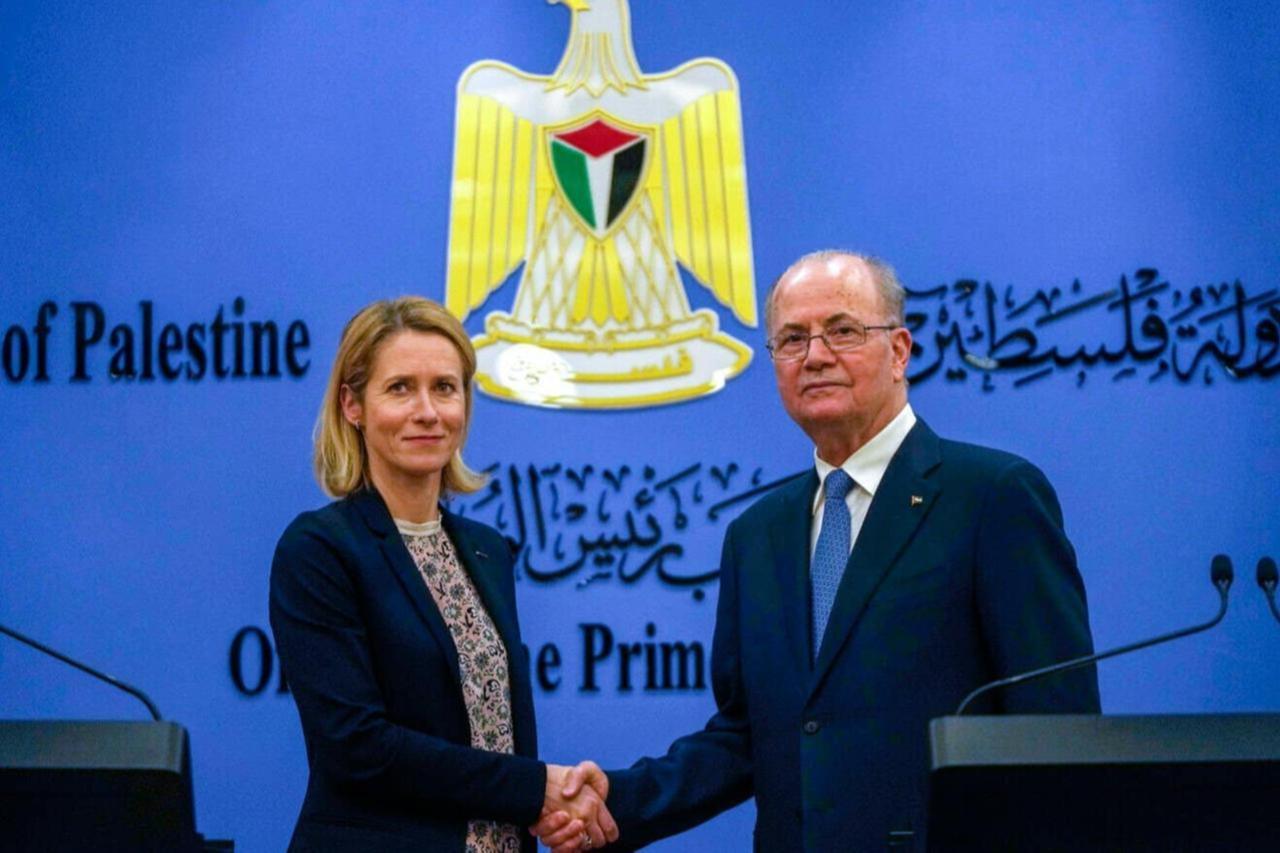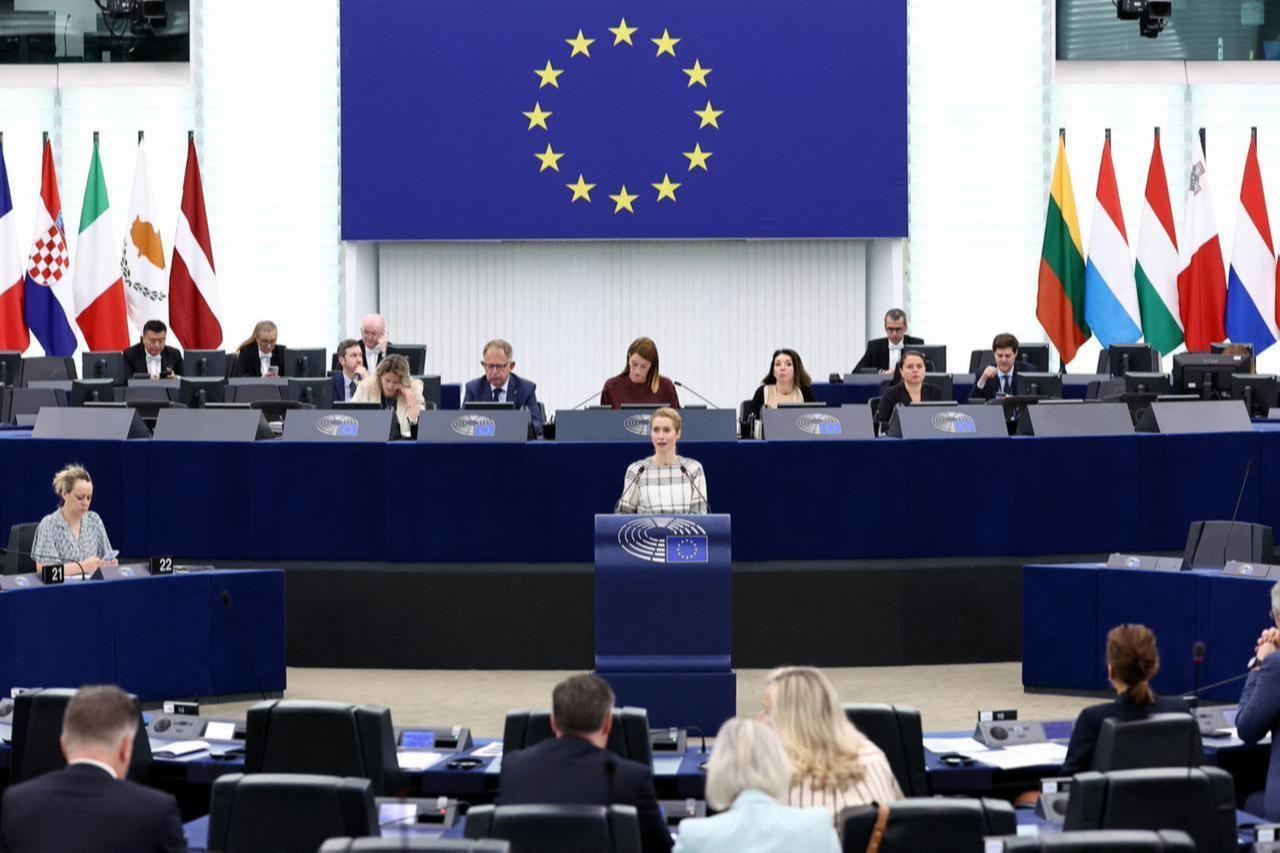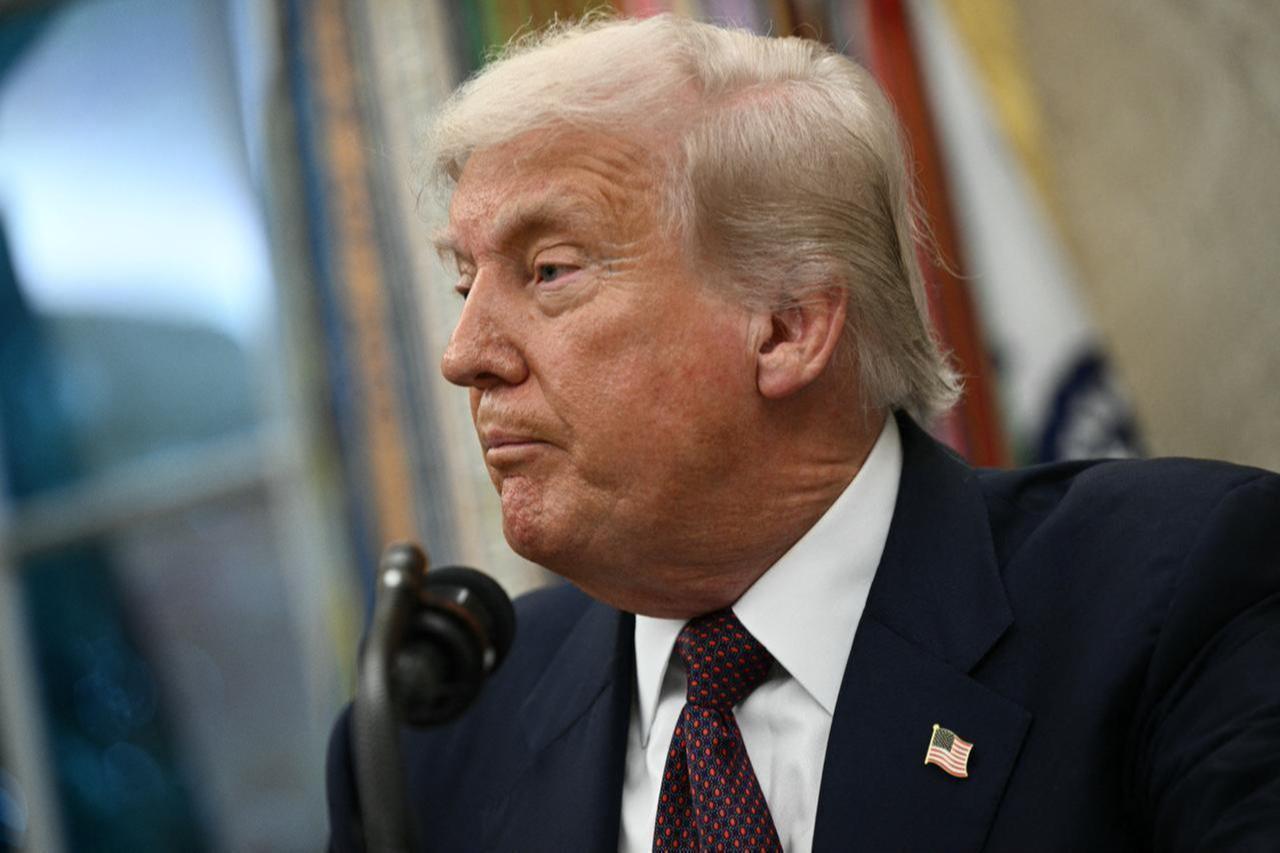
The European Union's top diplomat warned Monday that the bloc's international standing faces serious damage due to deep divisions among member states over the war in Gaza, contrasting sharply with the unity achieved on Ukraine policy.
EU foreign policy chief Kaja Kallas, speaking at the Bled Strategic Forum in Slovenia, said the lack of consensus on the Middle East conflict threatens to undermine the bloc's global influence.

"I'm pushing all the time, very hard, because I also feel that it's credibility of the European Union that it's at stake, that we have to be, you know, unified in this response," Kallas said.
The admission highlights a stark difference in European diplomacy between two major conflicts. While EU nations quickly aligned on supporting Ukraine and sanctioning Russia following Moscow's invasion, the Gaza war has exposed persistent rifts over Middle East policy that have prevented coordinated action.
The EU has neither suspended its association agreement with Israel nor imposed sanctions related to the conflict, drawing criticism from some quarters. However, Kallas defended the bloc's response, emphasizing its role as a major humanitarian aid provider and supporter of the Palestinian Authority.
"We are doing as much as we can, but it's not enough, because this humanitarian catastrophe is still ongoing. So, I continue to work with the member states to have a common position," she said.
On Ukraine, Kallas announced the EU is preparing its 19th sanctions package against Russia, describing economic penalties as the only tool that commands respect from President Vladimir Putin.
"Why he wanted to have this meeting in Alaska, was to really postpone the sanctions threat that was coming from United States. So, he really doesn't want the sanctions ... And if we look the effects on Russian economy, we see that the sanctions really work," she said.

The EU chief dismissed recent diplomatic overtures from Moscow as disingenuous, saying "Putin is just playing games, so he's definitely just mocking the peace efforts, and that's why we don't also see practically any signs that they are preparing for peace."
Kallas also offered a pointed assessment of U.S. President Donald Trump's approach to the Russian leader, noting an apparent shift in the American president's typical diplomatic style.
"We have heard that President Trump is not a very patient man. He seems to be very patient with Putin, though. So yes, I think if we all would do more, then we could deprive Russia of the funds to wage this war," she said.